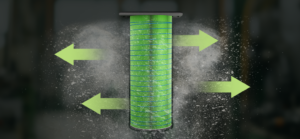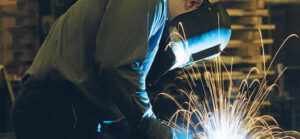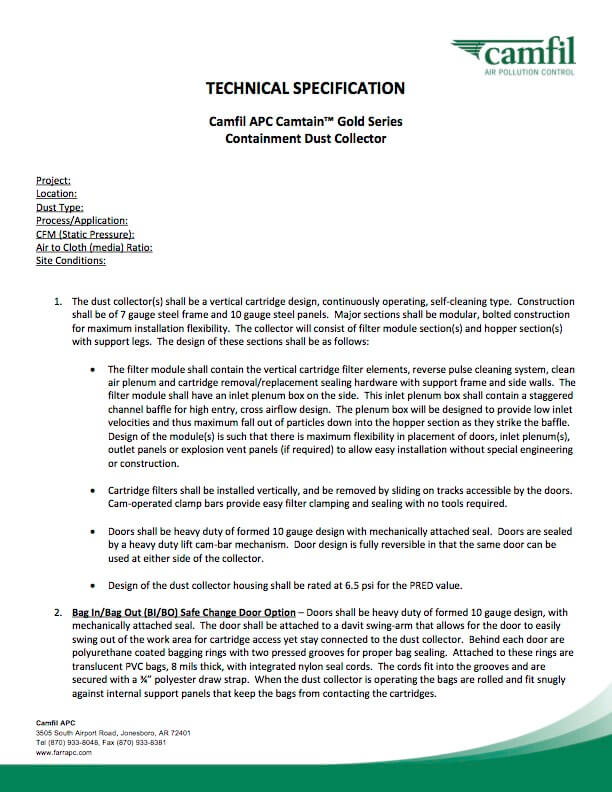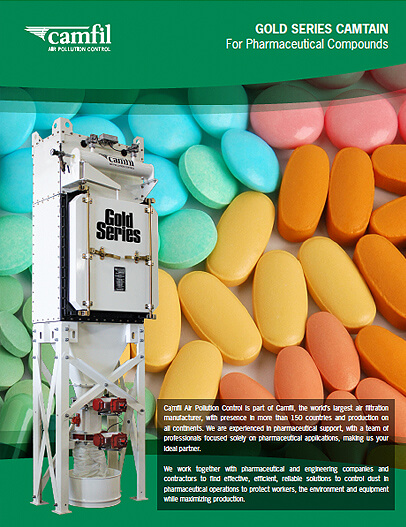Dust hazards present an unseen safety risk at many industrial manufacturing and processing facilities. Operations that produce a considerable amount of dust or fumes as a byproduct of their processes must have an industrial dust collection system to combat these threats. But dust collection systems vary widely and must be selected and configured according to the specific dust type and application. Determining the right dust collector requires an experienced dust collector supplier.
Here are important questions to ask when determining if a dust collector supplier has the knowledge necessary to keep your operation safe and compliant.
1. Does the supplier offer a site survey?

Manufacturers generally can't diagnose your problems and recommend solutions over the phone or email. Dust collection systems are serious capital investments. Emissions compliance and combustible dust are the major issues, but there are other things to consider.
What other functions does the dust collector need to perform? Perhaps it must reclaim valuable product, maintain a higher level of cleanliness in manufacturing areas, accommodate changes or expansions in the plant, or solve a performance problem experienced with an older dust collection system. A site survey helps pinpoint objectives, and reputable equipment suppliers will provide a survey form to collect valuable information such as:
• The process
• The material to be collected
• Operating hours and conditions
• Electrical requirements
• Airflow and pressure ratings
• The physical properties of the dust
2. Will the supplier provide a written guarantee of filtration efficiency?
Different methods are used to measure filtration efficiency. Sometimes a dust collector supplier might say that a system offers 99 percent filtration efficiency at a certain particle size or that it uses MERV 15 filters. These ratings are useful for comparing different systems, but mass density efficiency, defined as the weight per unit volume of air, is the best predictor of a collector’s compliance.
Dust collector suppliers might say that a system offers 99 percent filtration efficiency at a certain particle size or that it uses MERV 15 filters
For example, OSHA might require that emissions not exceed 5 milligrams per cubic meter at the discharge of the dust collector. You must make sure your dust collector will provide a high filtration efficiency to keep your facility safe and compliant. Verify that the supplier will provide a written guarantee of performance stating that the equipment you select will satisfy OSHA, EPA, or other applicable emission requirements.
3. If you have combustible dust, how does the supplier approach NFPA compliance?

When dealing with combustible dust, it's imperative that the dust collection supplier has knowledge and experience in applying NFPA 484: Standard for Combustible Metals. It's up to you to inquire about specific experience and capabilities because there is no formal supplier certification. Equipment manufacturers and suppliers knowledge is important. They must thoroughly understand the explosion potential of metals and what controls that protect workers and the facility.
4. Does the supplier provide in-house dust testing to help determine the best system for your application?
Sometimes the choice between a wet or dry media system will not be clear-cut. Dust testing is an essential first step in the decision-making process.
There are two types of dust testing:
- Lab testing, which pinpoints physical properties of the dust that affect filter efficiency and performance.
- Explosibility testing, which determines combustible and explosive properties of the dust.
5. Is the equipment supplier also a trusted advisor?
 Dust issues can be complex. It’s important to use an experienced independent professional engineer to help you design and install your dust collector. That way you can be certain that your facility complies with regulations and requirements that keep your employees safe.
Dust issues can be complex. It’s important to use an experienced independent professional engineer to help you design and install your dust collector. That way you can be certain that your facility complies with regulations and requirements that keep your employees safe.
A knowledgeable supplier can help you determine:
- the best dust collection system for your application
- the type of ducting needed
- the right filtration media
- where to locate the collector
- whether air can be safely recirculated downstream of the collector to save on heating and cooling costs.
If you can answer yes to all 5 of these key questions, you can ensure that you are partnered with a knowledgeable dust collection equipment supplier that will help you meet regulations, keep employees safe and operations running smoothly. Click here to learn more.
 Americas
Americas 






